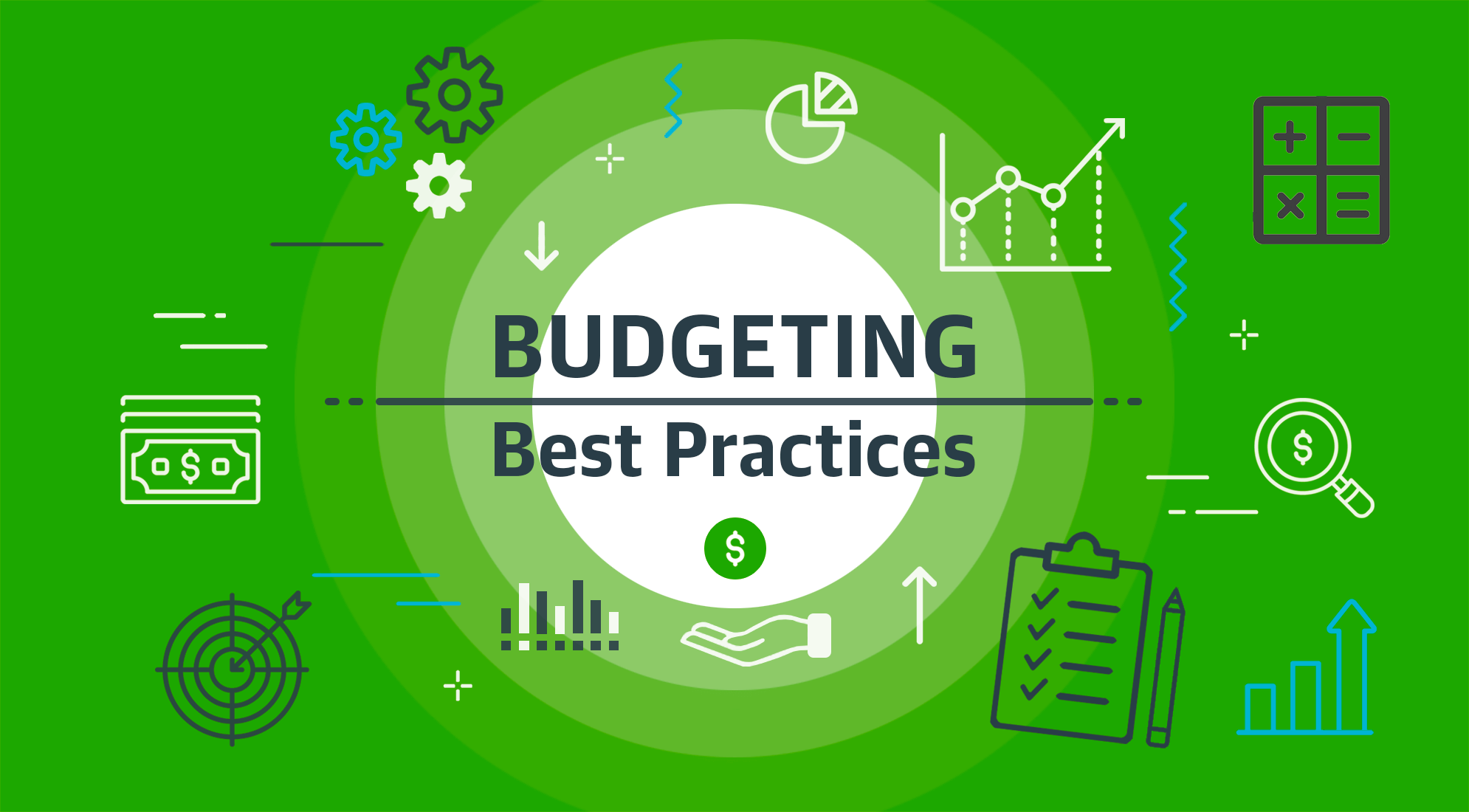Facing a financial crisis can be overwhelming, but having a strategic approach can help you manage the situation effectively. Whether you’re dealing with personal financial struggles or broader economic downturns, these six tips will guide you through navigating financial crises with resilience and foresight.
1. Assess Your Financial Situation
Conduct a Thorough Financial Review
The first step in managing a financial crisis is to assess your current financial situation. Create a detailed list of your assets, liabilities, income, and expenses. This will give you a clear picture of where you stand and help you identify areas where you can cut costs or reallocate resources. Utilize financial planning tools and budgeting apps to track your finances accurately.
2. Prioritize Essential Expenses
Focus on Necessities First
When faced with financial difficulties, prioritize your spending on essential expenses such as housing, utilities, and groceries. Create a budget that allocates funds to these necessities before addressing discretionary spending. This approach ensures that your basic needs are met while you work on stabilizing your financial situation.
3. Explore Income-Boosting Opportunities
Increase Your Earning Potential
During a financial crisis, finding ways to increase your income can provide crucial support. Consider side gigs, freelance work, or part-time jobs to supplement your earnings. Additionally, explore opportunities for professional development or skill enhancement that could lead to better-paying positions or career advancement.
4. Negotiate with Creditors
Seek Flexible Payment Terms
If you’re struggling with debt, reach out to your creditors to negotiate more manageable payment terms. Many creditors are willing to work with you during financial hardships, offering options such as reduced payments, extended deadlines, or temporary forbearance. Open communication and a proactive approach can help alleviate some financial pressure.
5. Build an Emergency Fund
Prepare for Future Uncertainties
An emergency fund is essential for handling unexpected financial setbacks. Aim to save three to six months’ worth of living expenses in a separate, easily accessible account. Building an emergency fund provides a financial cushion that can help you navigate future crises with greater confidence and stability.
6. Seek Professional Financial Advice
Consult with Financial Experts
When facing a financial crisis, consulting with a financial advisor can provide valuable insights and guidance. Financial professionals can help you develop a strategic plan, offer advice on managing debt, and assist with investment decisions. Their expertise can be instrumental in navigating complex financial situations and making informed choices.
Conclusion
Navigating a financial crisis requires careful planning and strategic action. By assessing your financial situation, prioritizing essential expenses, exploring income-boosting opportunities, negotiating with creditors, building an emergency fund, and seeking professional advice, you can effectively manage and overcome financial challenges. Implement these tips to gain control over your finances and work towards long-term stability.










